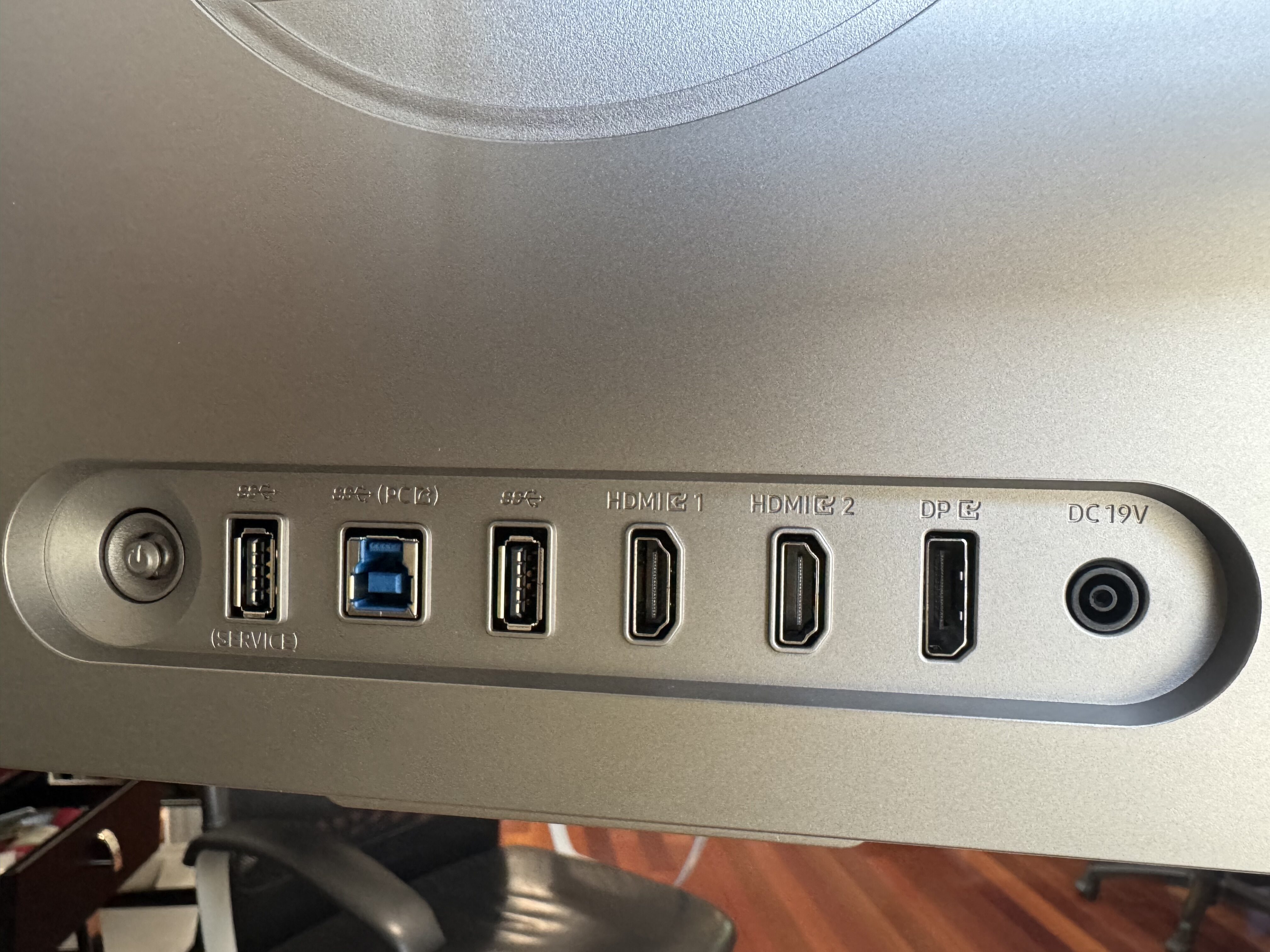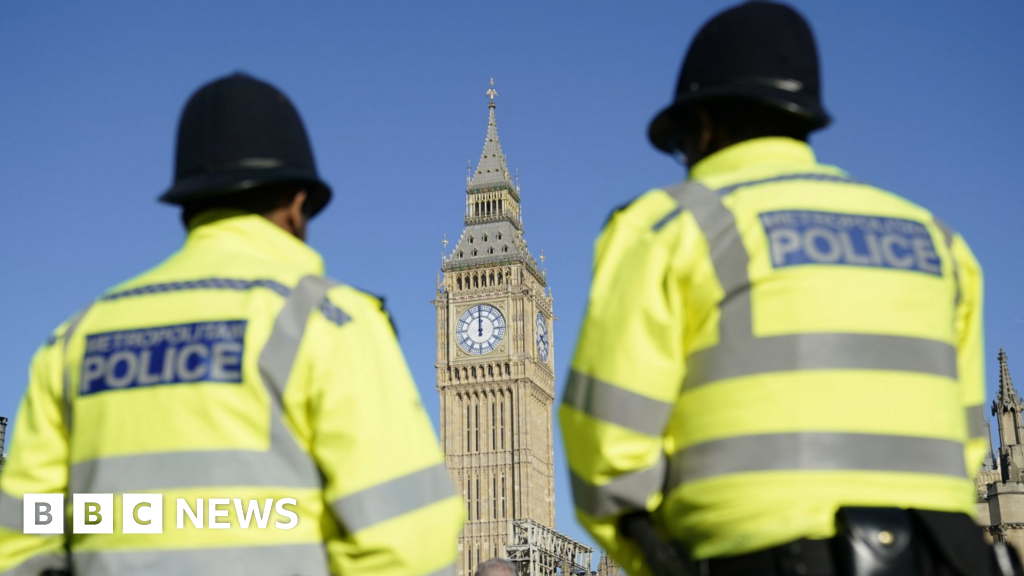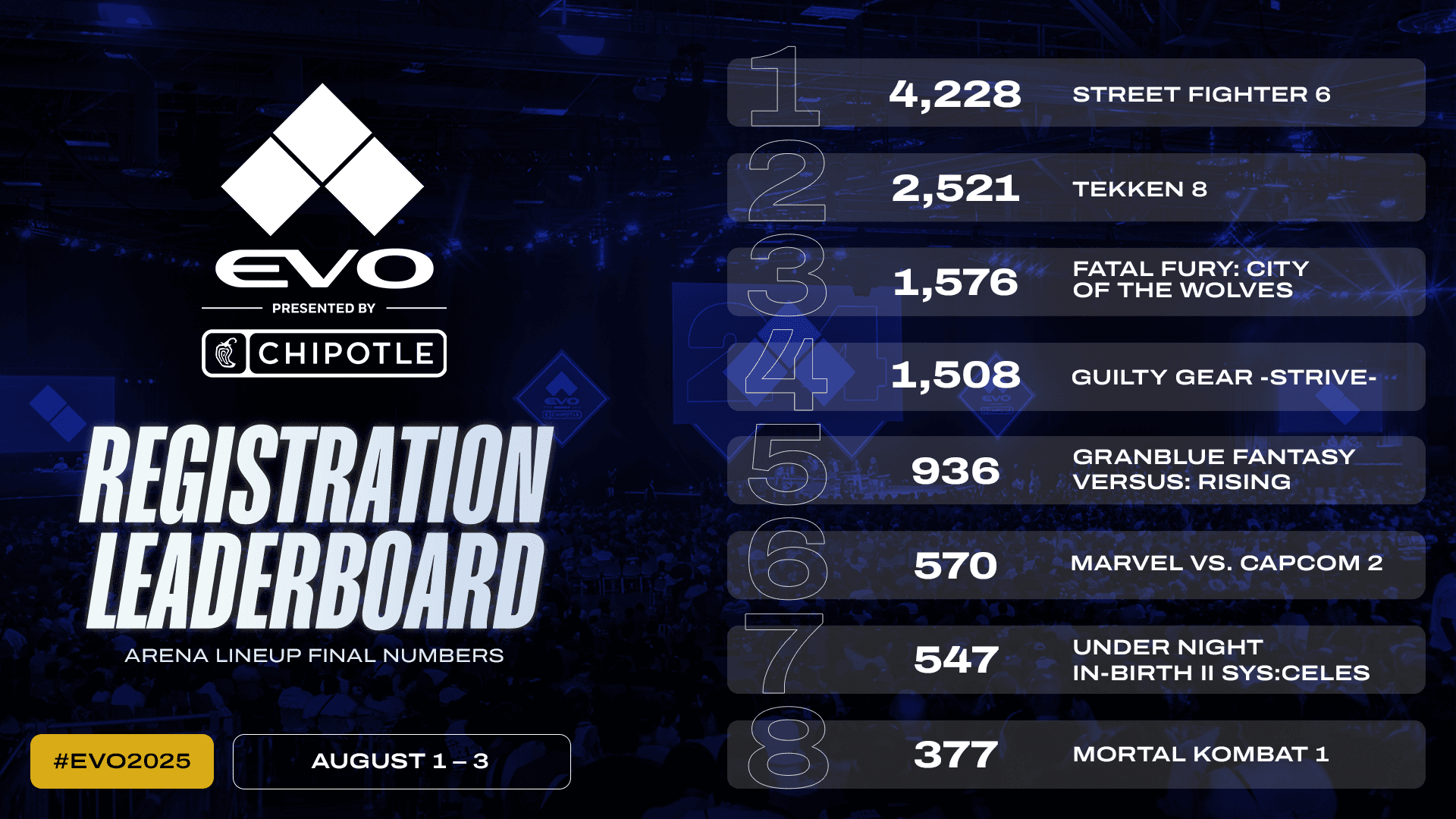Fatehi, a 25-year-old nursing student in Germany, said, “I participated in the protest to be [their] voice.” He even did a media interview that day in the hope of raising awareness about their situation.
Tragically, Fatehi’s father was already deceased, and he received the news from a friend that night.
For his family in Iran, this was only the beginning of their ordeal.
Fatehi said, “The Ministry of Intelligence summons one of our family members each week. They threaten them to prevent them from participating in protests.”
He added, “The threats and harassment have increased closer to the anniversary,” referring to the upcoming one-year anniversary of the death of Mahsa Amini, a 22-year-old who died in the custody of Iran’s “morality police,” sparking widespread demonstrations.
According to activist news agency HRANA, at least 530 protesters have been killed by Iranian security forces in the past year, and their relatives have become targets of state surveillance and detention. In interviews with The Washington Post, grieving family members shared how Iranian authorities have systematically oppressed and threatened them, aiming to silence their voices and prevent further protests.
On September 5th, family members of Mahsa Amini were taken into custody in Saqqez, their hometown, and warned not to call for protests commemorating her death, according to local human rights observers.
Tara Sepehri Far, the senior researcher on Iran for Human Rights Watch, said, “The pressures come in the form of phone calls, summoning families, asking them to keep quiet around the anniversary. Families draw a lot of sympathy from the public given that they are basically the lived experience of the injustice that happened to them.”
The spokesperson for Iran’s mission to the United Nations in New York did not respond to a request for comment on this matter.
The Heydari family was one of the first to publicly speak out after the death of their son, Javad. He was killed on September 22nd while protesting in the city of Qazvin. Videos of his funeral and his sister Fatemeh weeping over his casket went viral, attracting the attention of security and intelligence forces.
Fatemeh Heydari, now in Turkey, said, “A few days after what happened to my brother and the sharing of the videos, I was arrested and had to go to court because I was summoned for making propaganda against the government. My father was pressured to say that we support the regime and that his daughter acted emotionally and made a mistake.”
The Heydari family’s home has been under constant surveillance and has been raided multiple times throughout the year, forcing them into hiding. Arrest warrants have been issued for Fatemeh’s father, older brother, and more than a dozen other relatives. Even a 2-year-old niece was briefly detained. Four family members, including Fatemeh and a sister-in-law who worked as a nurse, have lost their jobs due to questioning about Javad’s involvement in the protests.
Authorities have also tried to interfere with the symbolism of Javad’s grave, pressuring the family to change the headstone or face its destruction.
Heydari said, “These pressures weren’t just on my family.” When people from their village gathered at the graveyard to commemorate the 40th day since Javad’s death, many were arrested, beaten, and interrogated for their attendance.
Hiwa Hosseinpouri received the news of his brother’s death while he was abroad. Azad Hosseinpouri, 32, was killed on November 17th during anti-government protests in Mahabad.
Hiwa, who is 31, said, “All my hair has turned white from grief and pressure in these past few months. I have had many panic attacks. I am far away and feel desperate.”
Azad had been involved in previous anti-government protests, but Hiwa said that this time he seemed more determined, even stating that he was willing to die for his freedom. Following his death, the family in Mahabad has been under constant state surveillance.
Hiwa explained, “Three of my sisters, my brother, and my brother-in-law were summoned by intelligence officials. They had their mobile phones and passports confiscated. They were threatened with imprisonment and death. They were banned from using social media. They can’t even visit my brother’s grave.”
He also mentioned that his elderly father, 80 years old, was summoned by authorities. His mother has suffered two heart attacks since then, and one of his sisters is dealing with severe depression.
Hiwa said, “When you are outside of Iran and cannot be with your family and relatives, and be present, your pain and suffering multiply.” He and Fatehi both long to return home, but the fear of arrest keeps them away.
Fatehi, who works at hospitals and nursing homes in Germany, had hoped to care for his father as he grew older. He said, “One of my dreams was to take care of my father in his old age and to be beside him, but the Islamic Republic prevented me from reaching this dream,” his voice trembling with emotion.
While the pressure on victims’ families may temporarily suppress protests, researcher Tara Sepehri Far believes it could eventually backfire on the regime. She said, “We have seen the families of the 2019 protests uniting with those who have been killed. We have seen families from as far back as the ’80s finding the courage to speak up. Each wave of protests brings more people together.”














